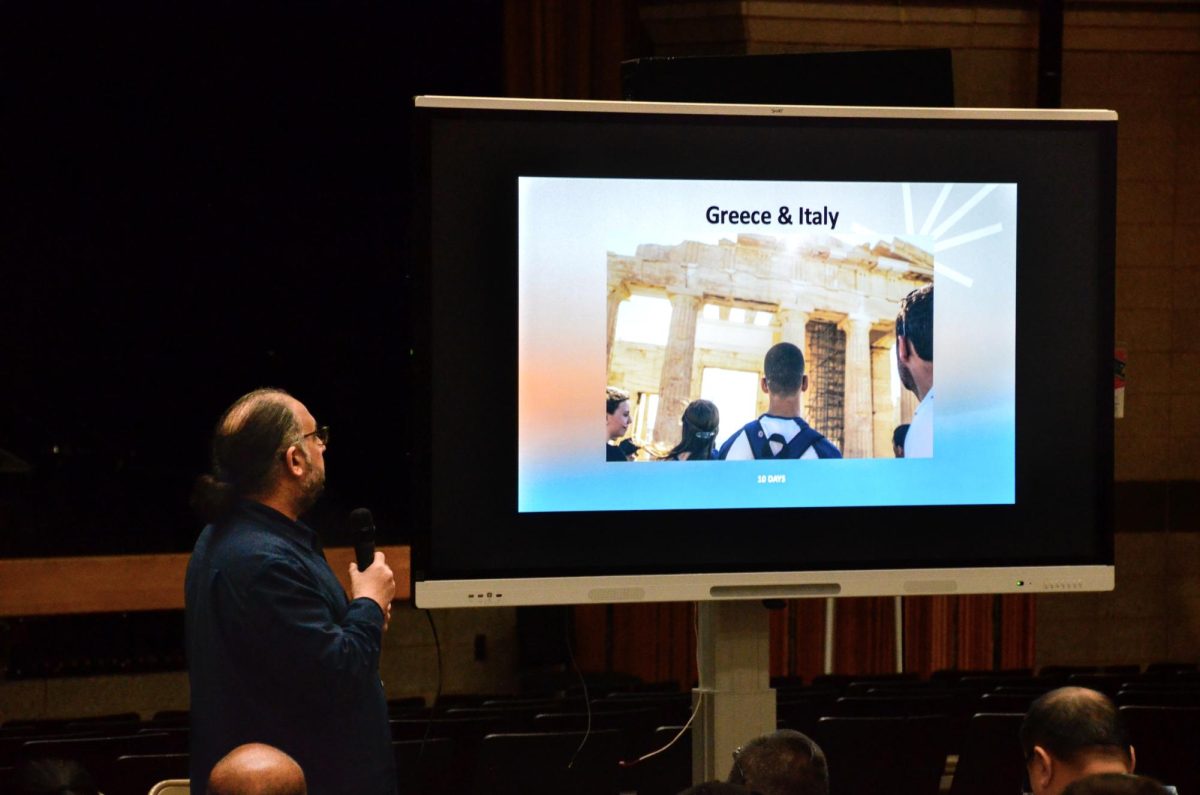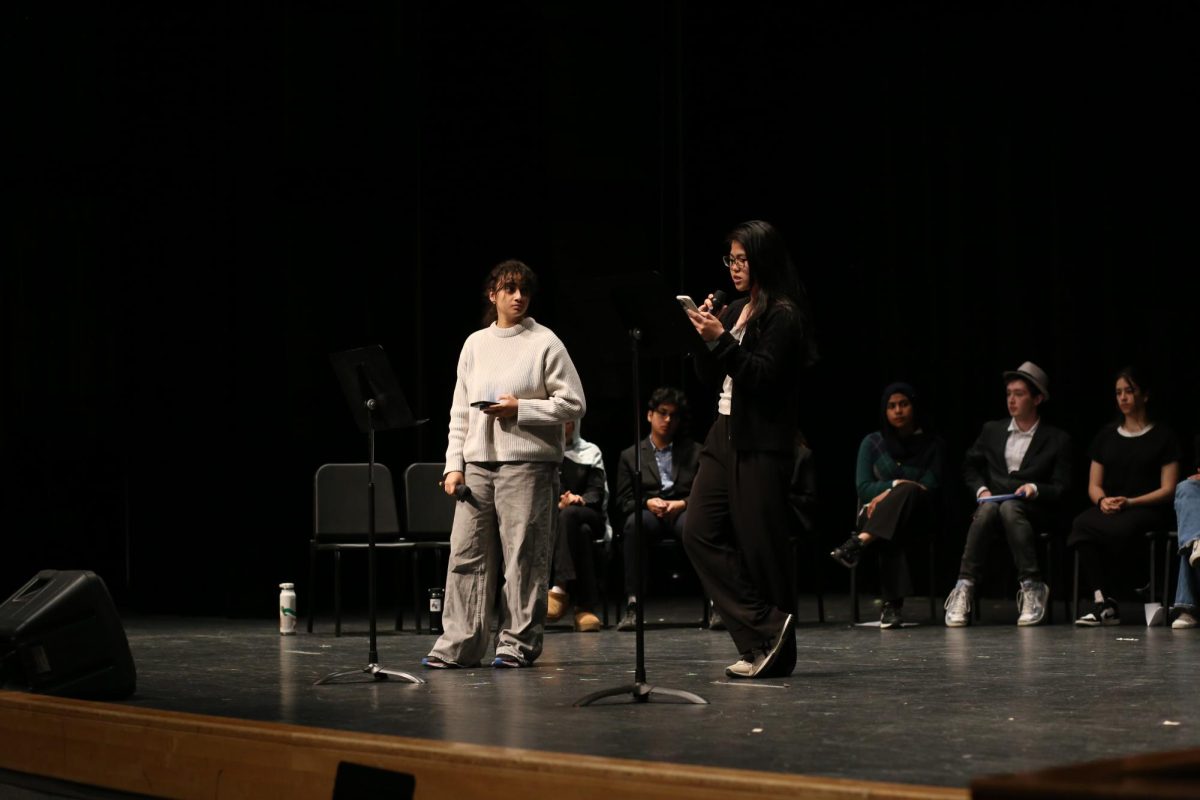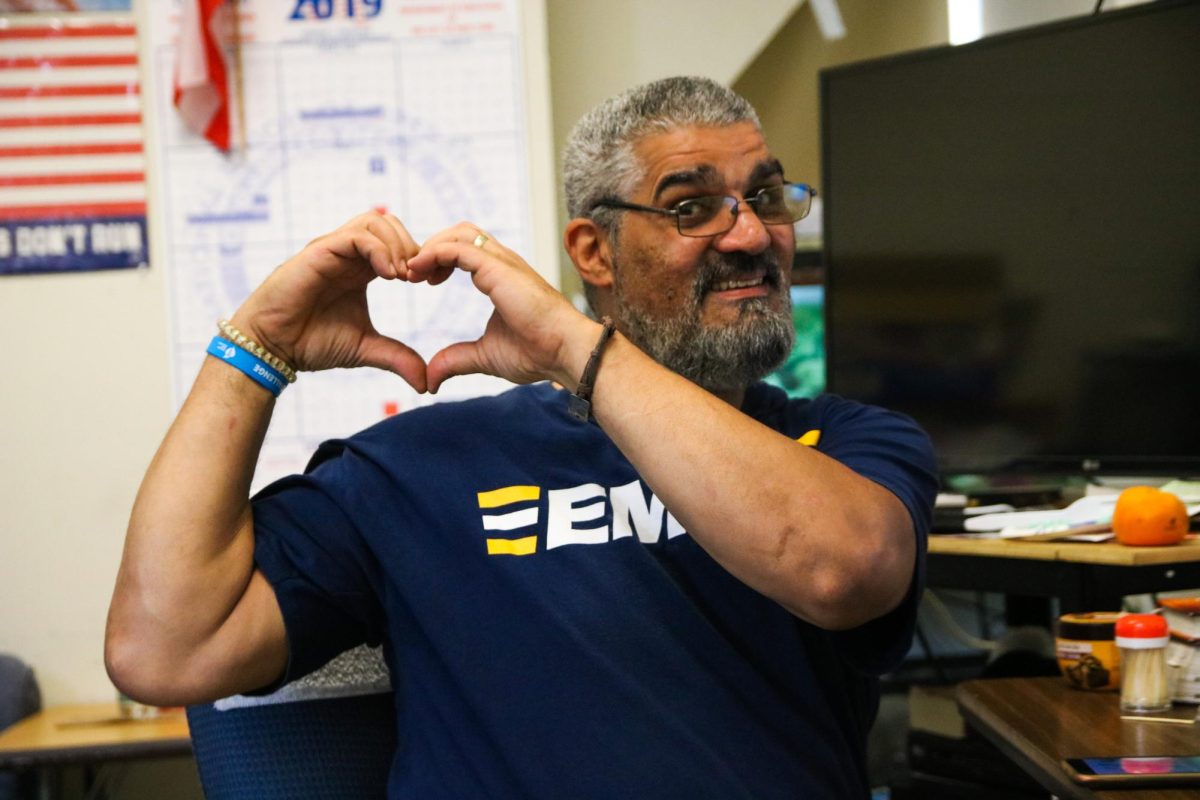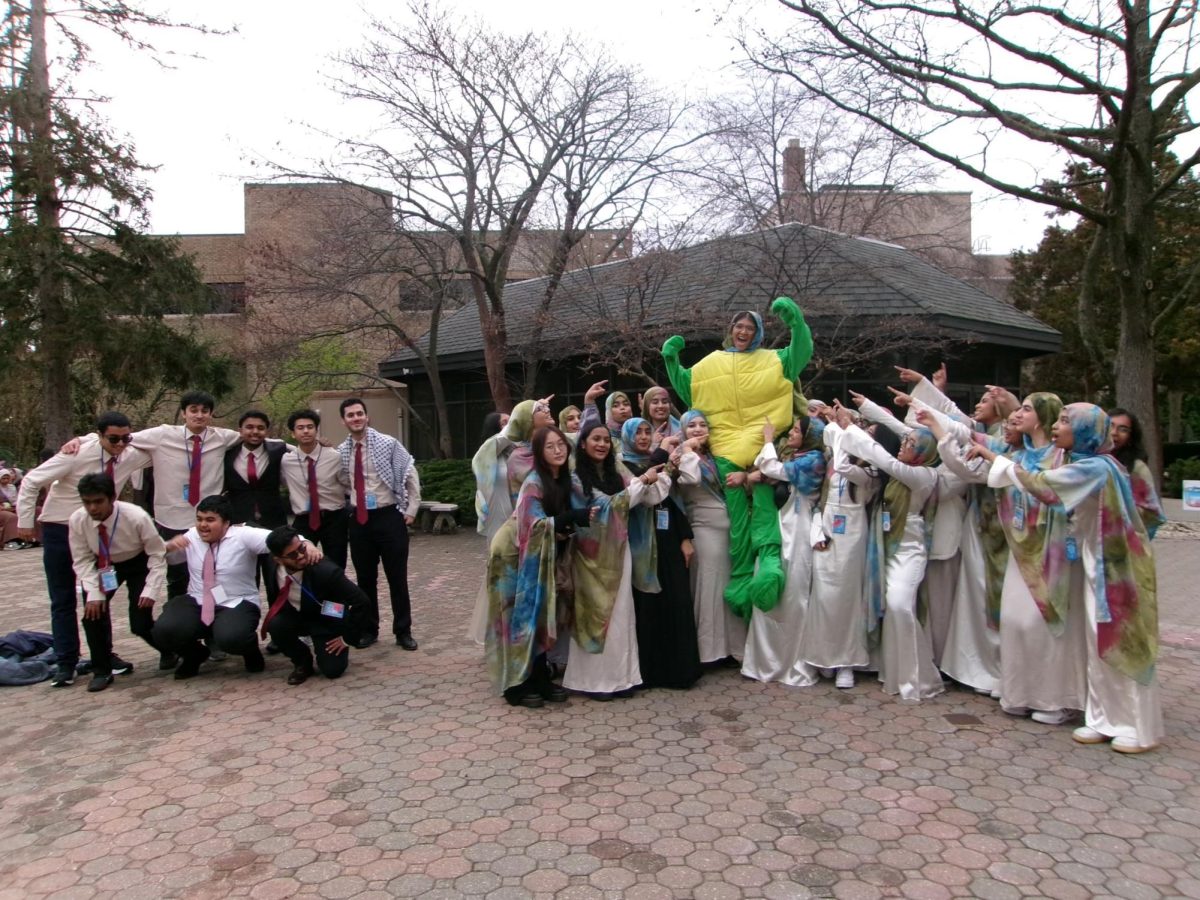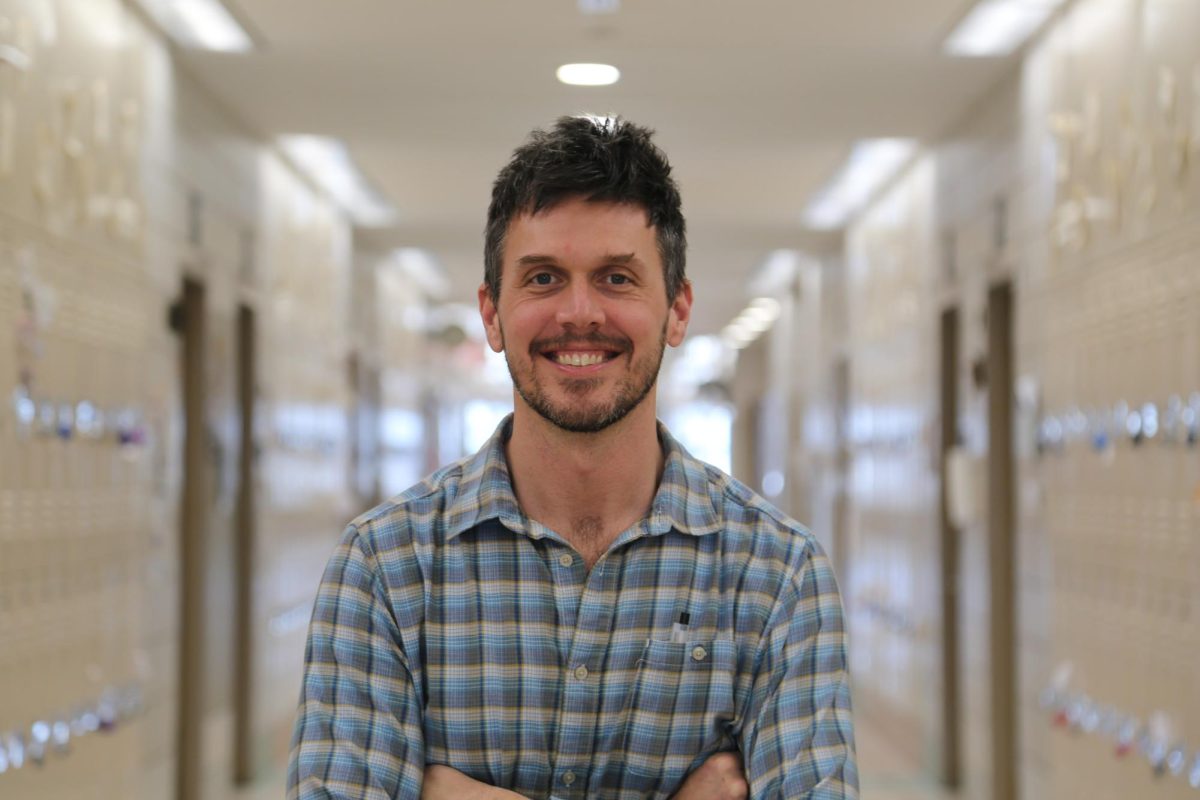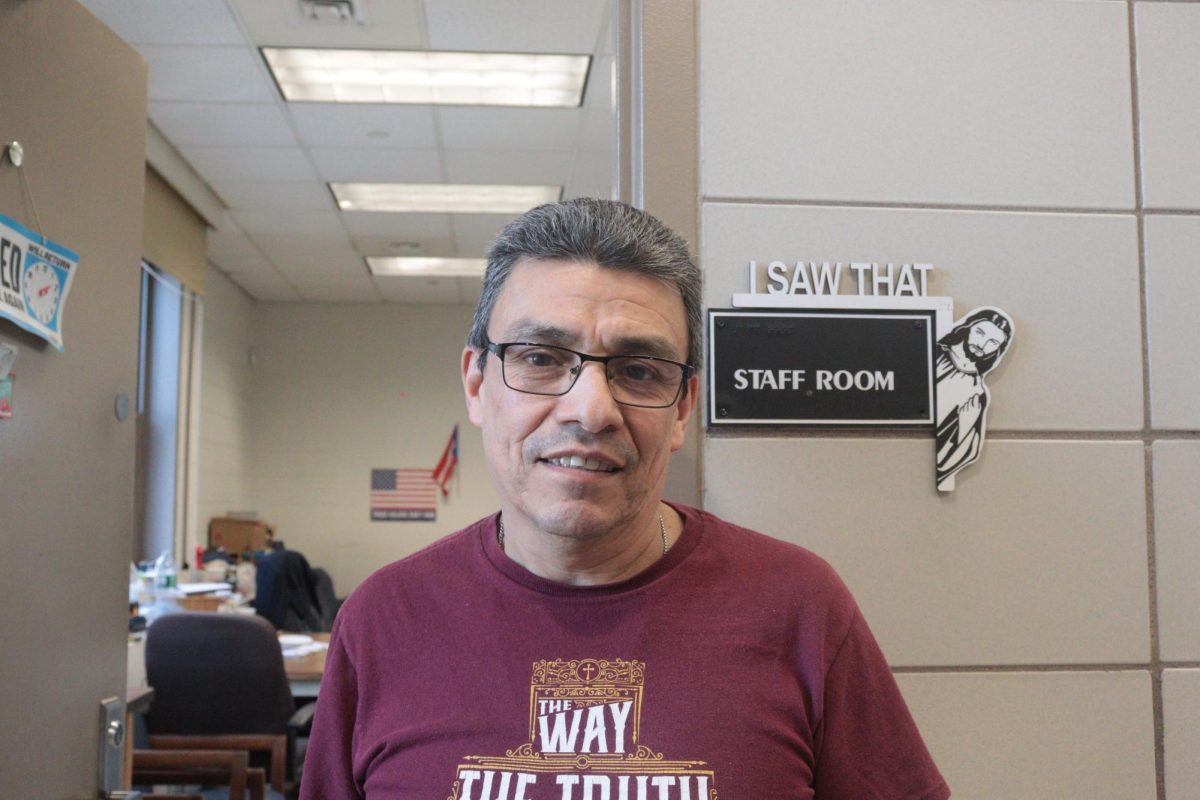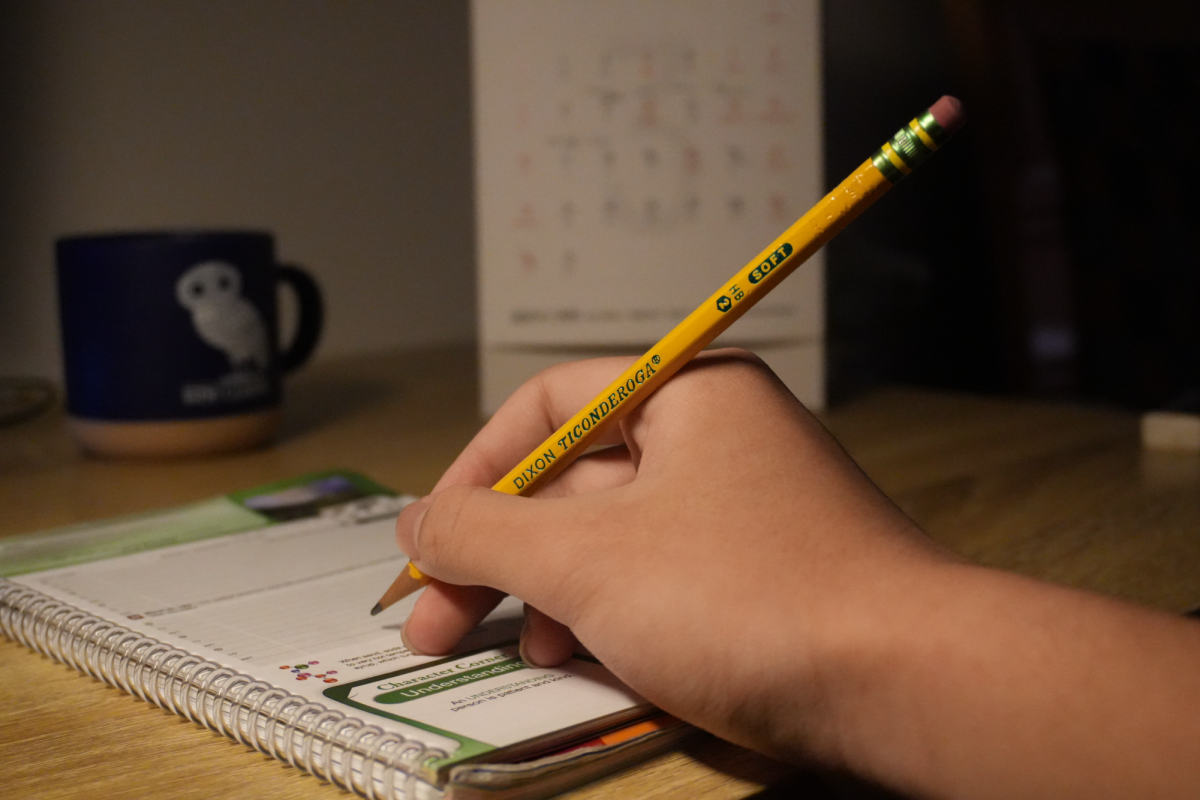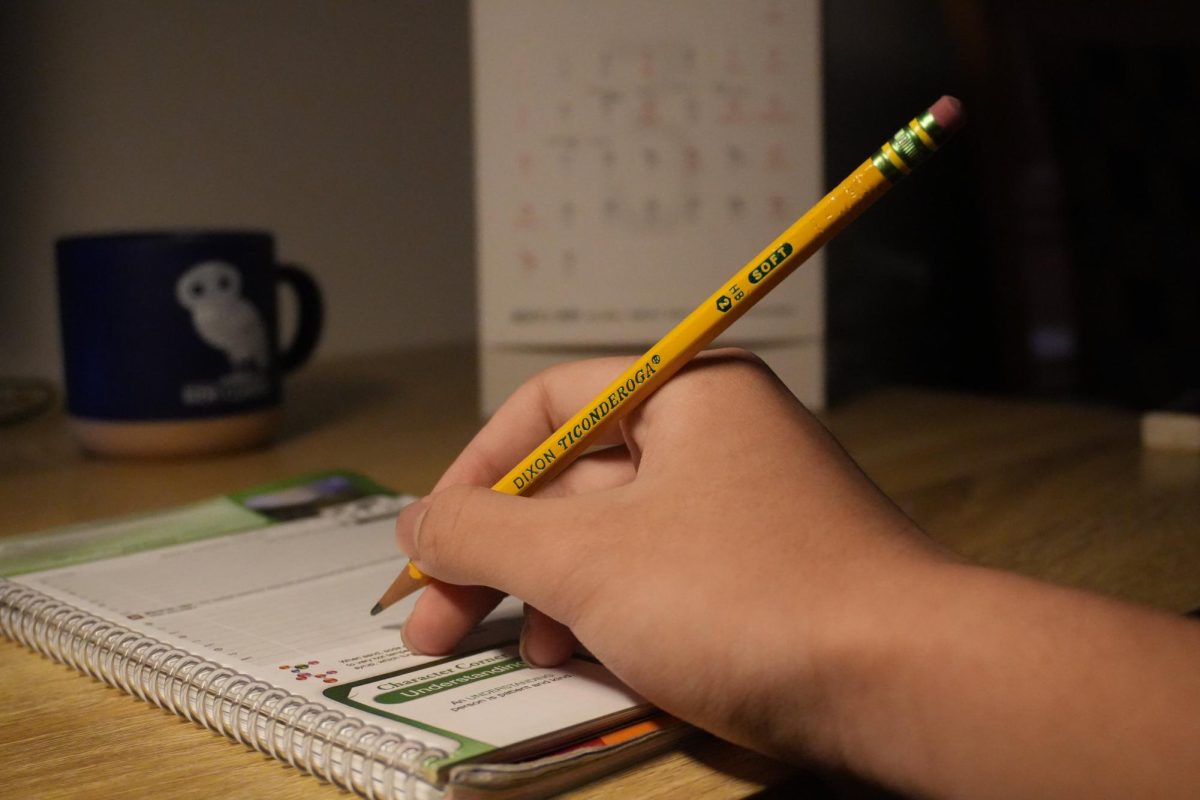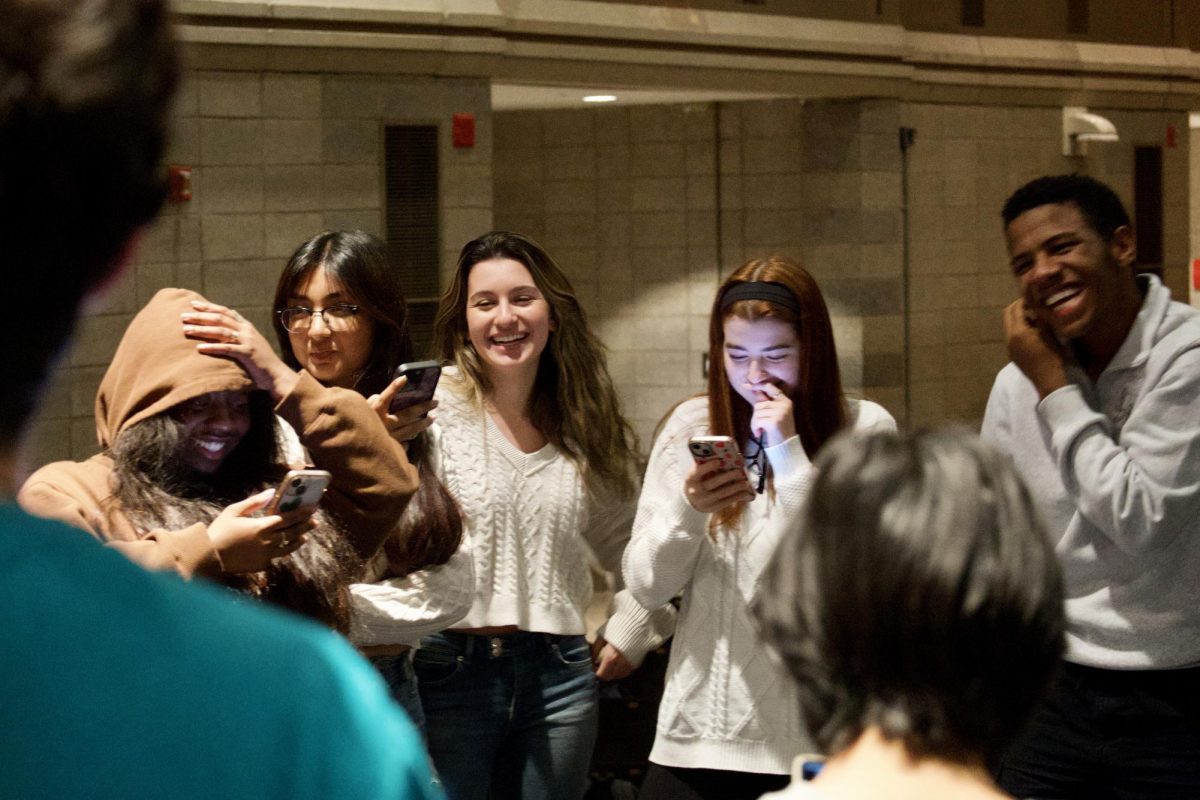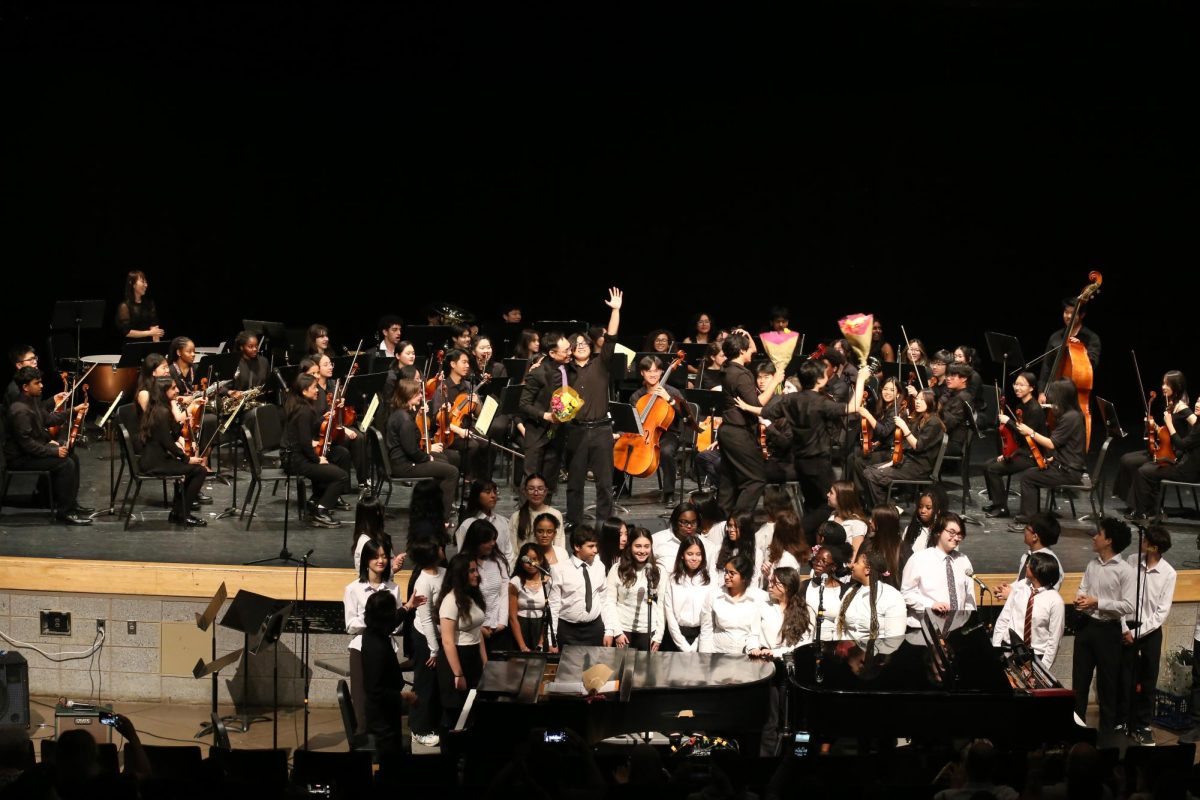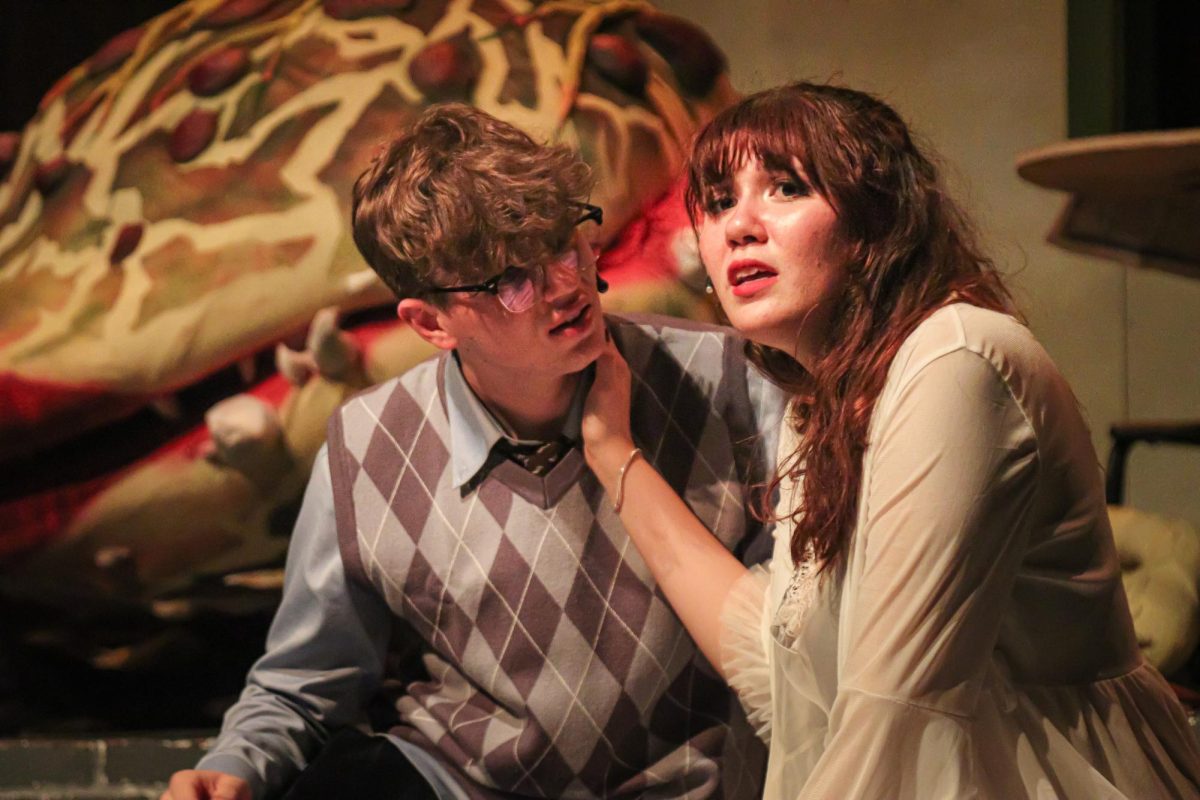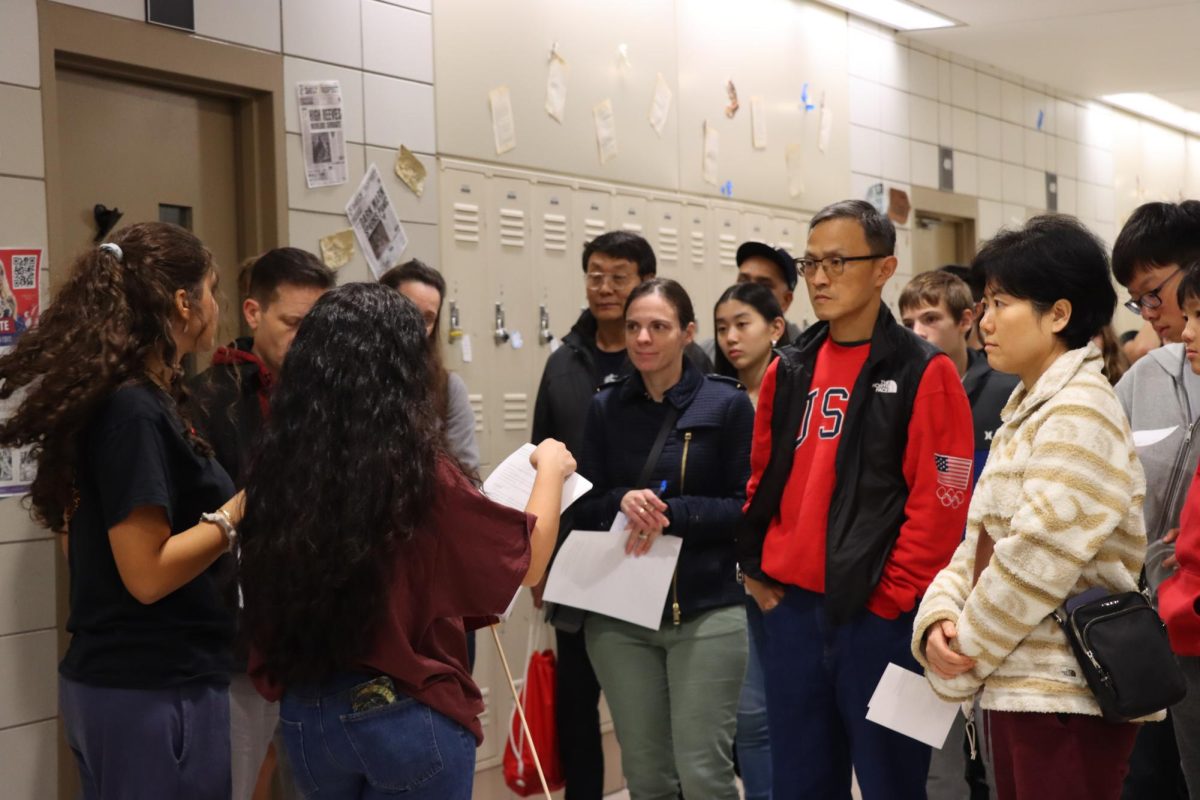
You tap through your peers’ Instagram stories and frown– it is almost like every Harrisite has already forgotten that there is a pandemic going on.
Tap.
A party with blaring music and lots of dancing– no one is wearing masks.
Tap.
Two friends hugging each other on a live video, definitely not 6 feet apart.
Tap.
A snippet of an election simulation rap video — a video that is Townsend Harris regulated– where the students are neither distanced nor wearing masks.
You look back up to your Zoom class, and you see that two students have decided to join the class through one computer– blatantly ignoring CDC guidelines in front of Townsend Harris staff.
You question: Why do I have to follow the rules? Other students are not following them without consequence.
Due to remote learning, this is a familiar situation for many students: feeling our social lives deteriorate while we watch our peers on Snapchat and Instagram seemingly having the time of their lives together.
With the pandemic, however, we’ve all been deprived of universal human social needs for months– and it’s been stressful.
It seems worse now than it was at the beginning of the shutdown. Blame it on pandemic fatigue, with a lot of students giving up trying to follow the rules. And, who can blame them?
News of promising vaccines have recently filled the screens of our devices. As more and more people get the vaccine, fewer people seem to be worrying about COVID-19.
And so, those students who posted “wear a mask” for months on end now seem to feel it is acceptable to publicly post a mask-less restaurant picture.
But, as much as we might want to believe otherwise, the pandemic is far from over.
Even though the number of new cases has started to drop off recently, it is clear that we are still in the second wave of COVID-19. Yet, we have lost our sense of unity against the pandemic. We are no longer “all in this together” and the words “flatten the curve” have diminished from our vocabulary.
There seems to be two ways that people are behaving: either disregarding the guidelines or sticking to the plan that we’ve been sticking to since March 2020. Both sides end up antagonizing each other when we should be working together:
“I miss my friends, and we all can agree masks make things awkward,” said a sophomore on the “ignore the guidelines” team. The student got together with friends over the weekend and posted about it on social media. “People who are complaining about it probably didn’t have any friends to hang out with in the first place.”
On the other hand, a senior on the “stick to the rules” team was upset about an Instagram Story post of Harrisites eating out together at a restaurant in Flushing. “They’re acting like a fancy salad bowl is worth a deadly disease,” the senior complained morosely.
An even bigger question now permeates our minds: How can we mediate between these two ideas?
One thing is clear: as a school, we need to make a cultural shift. We cannot immaturely “cancel” or ostracize those who decide to hang out with their friends. We also cannot shame the people who decide to isolate. We are not going to be done with the pandemic anytime soon. And although a healthy social life is crucial to mental health, the physical health of yourself and others must take priority.
We need to politely remind our friends of cautionary measures that they might need to take so that the majority of us can get out of this healthy and alive. That means considering the many alternatives to meeting up in real life that will still keep us connected to each other, and we can’t take these for granted.
Townsend Harris students need to be willing to make some sacrifice for the greater good of public health. This is the one chance that we get to internalize the oath we once so mindlessly recited and truly “leave our city greater than we found it.”
Although there are going to be a lot of unavoidable scars left from this tragedy, mindfulness is the only way we’re going to get out of these times with the least damage — socially, emotionally, and physically.


